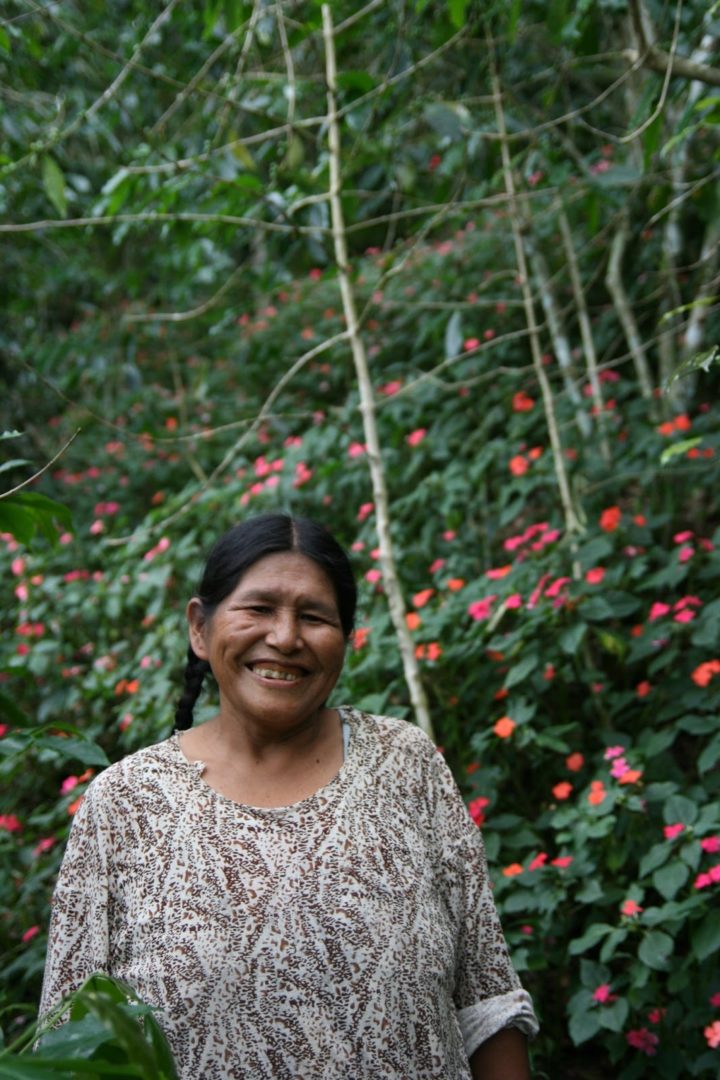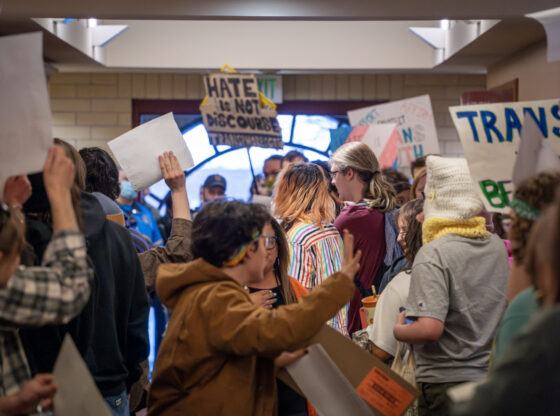A large portion of the U.S. wakes up every morning and brews themselves a pot of hot coffee. Some people visit various coffee shops and purchase a variety of caffeinated drinks to give them the energy to persist through another day. Coffee has become a quintessential part of American life with its products commoditized, and coffee shops romanticized.
Kaladi Coffee Roasters: the Quintessential Local Coffee Shop
While looking at the variety of roasts and beans provided at local coffee shops, one has to wonder where all these varieties are coming from. For some shops, like Kaladi Coffee Roasters, these beans are imported from across the globe. Kaladi is a specialty coffee shop —with a location right off campus and another in Englewood, Colo. —that is founded on the principles of high-quality coffee coupled with ethically and sustainably sourced beans.
Kaladi strives towards these values by getting the majority of its beans from numerous cooperatives. Cooperatives are coffee production organizations that partner with local farmers to negotiate prices and give small-scale farmers a voice.
Mark Overly, a founder of Kaladi, explained how the coffee shop has unique relationships with all of the cooperatives they partner with. The strongest relationship started in 1995 with the Cecanor cooperative located in Peru. Overly started this relationship before continuing that in the Denver location. This specific cooperative provides Kaladi with specialty bean variety—cementing the symbiotic relationship between these two parties.
“Our motivation is to support small farmer cooperatives and this is why we work with Fairtrade to ensure these cooperatives can compete. We try to enter into long-term relationships with these cooperatives so that over time we become closer. Most of our relationships are around a decade. Unless there is a serious issue that we cannot resolve we rarely switch cooperatives,” Overly said.
Overly explained how Kaladi is ideally looks for cooperatives that have around 75 to 300 members, allowing the shop to forge a closer connection with the farmers. Overly claims the coffee shop has the weakest relationship with the Ethiopia cooperative that has over 10,000 members explaining how it is “impossible to have much of a say.”
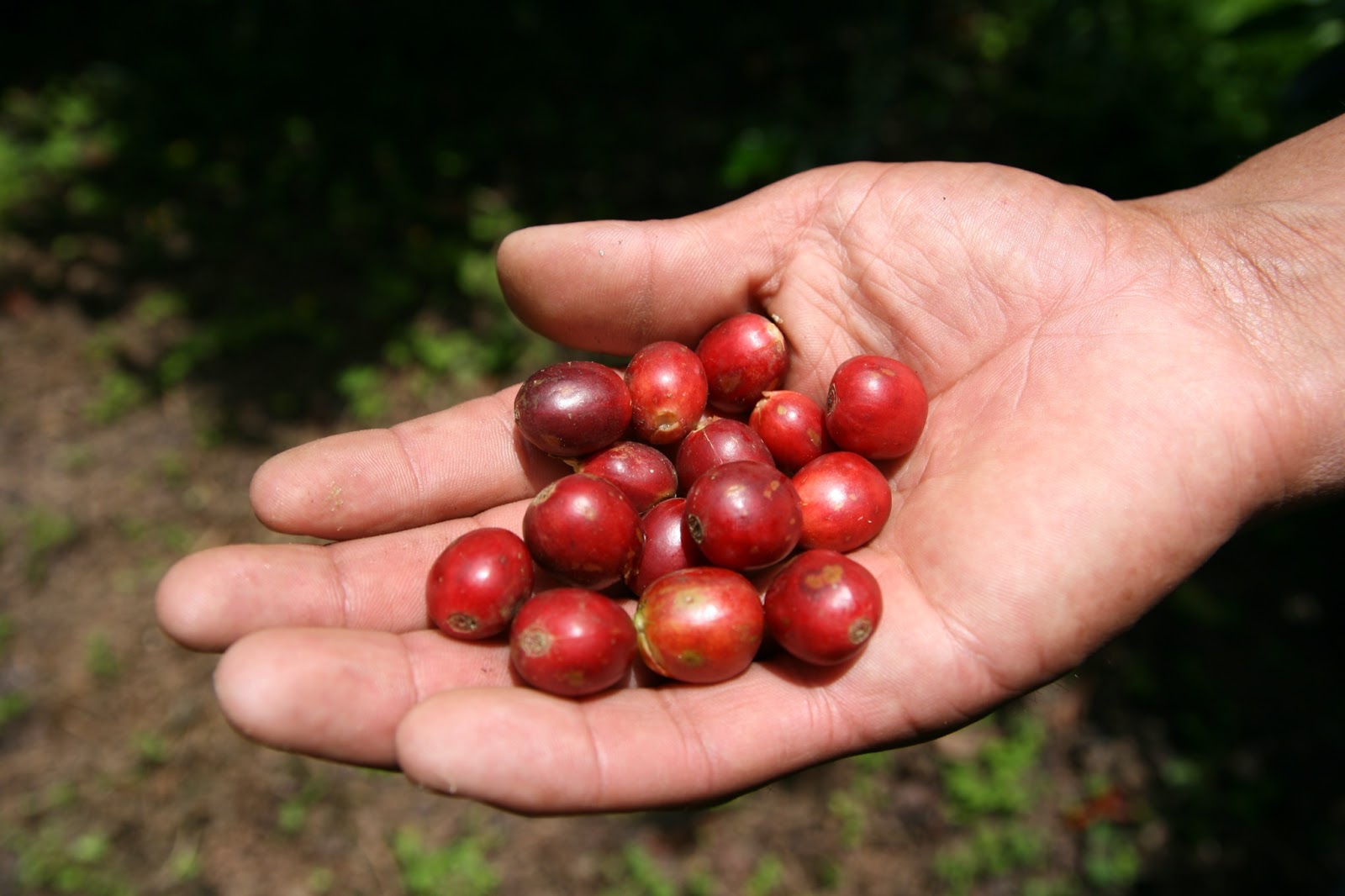
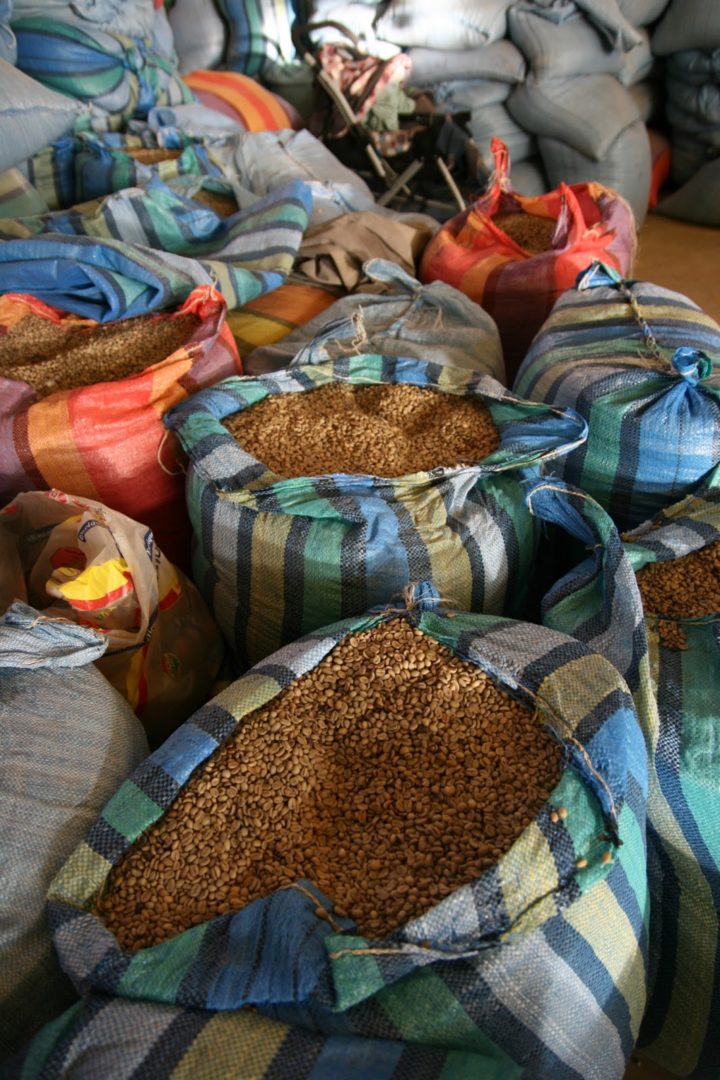
Organic Products Trading Company: the Kaladi Coffee Connection
While Kaladi’s does serve a key role in understanding the dynamics of the relationship these cooperatives have with the coffee shop there is another essential player, the Organic Products Trading Company (OPTCO). OPTCO provides Kaladi with “green” beans, which the specialty coffee shop then roasts.
Within OPTCO is a coffee production program called Café Femenino, that focuses on providing direct compensation and opportunity to women farmers. Connie Kolosvary, the director of Café Femenino, explained how OPTCO sources coffees that include the following certifications: Fair Trade, Organic, Bird Friendly (Smithsonian Migratory Bird Cert), SPP (Small Producer Label), ROC (Regenerative Organic Cert) and Café Femenino seal.
Kaladi chooses to buy beans for their shop that have these certifications because they strive to source the highest quality beans, which can therefore produce the desired complex flavors. Additionally, these certifications assure customers the beans have been ethically sourced.
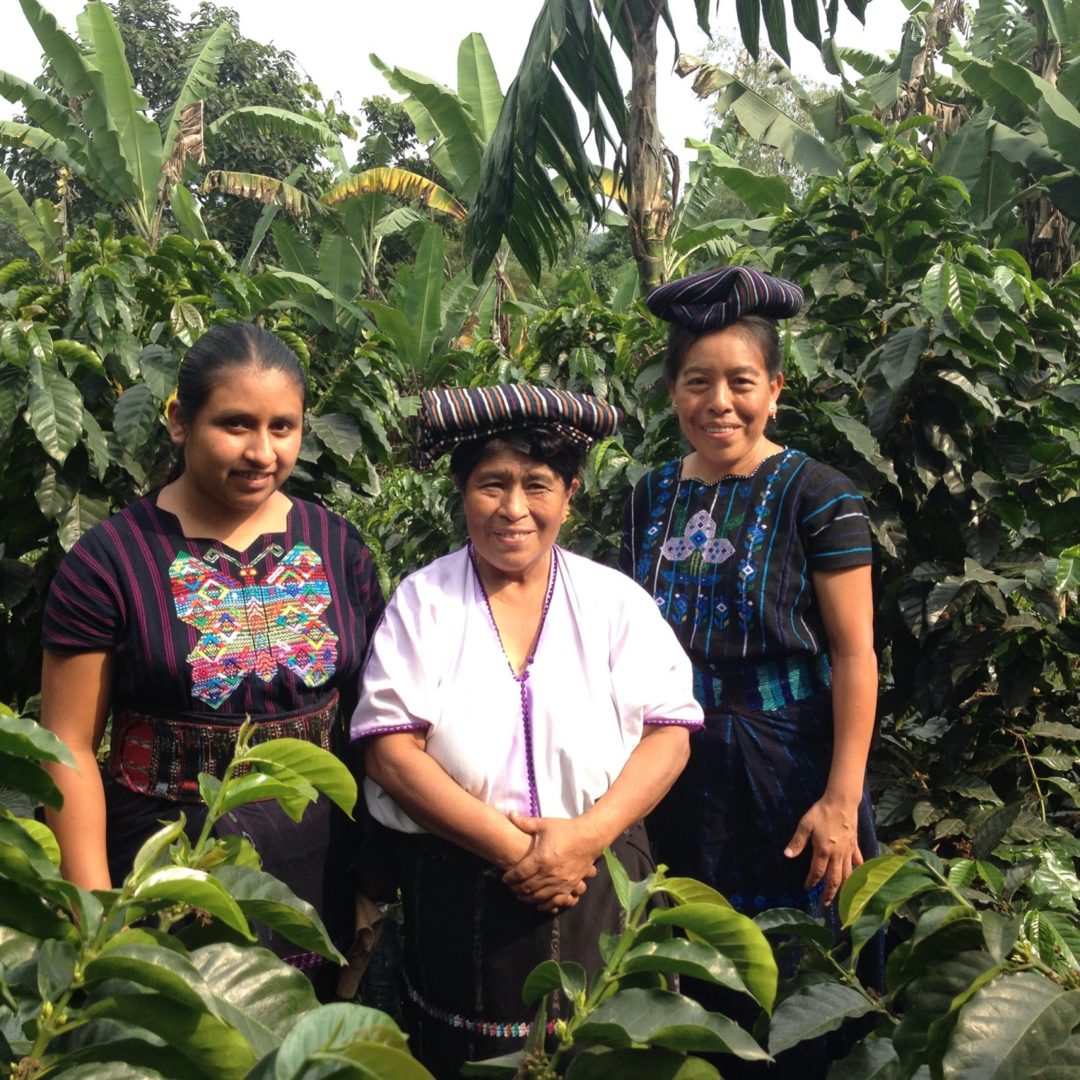
The following are cooperatives OPTCO works with:
- Bolivia – Union ProAgro and BioArabica
- Brazil – Coopfam
- Colombia – Cosurca
- Ethiopia – Oromia
- Guatemala – Nahuala, Asobagri and Fecceg
- Mexico – Cesmach and Sierra Azul
- Nicaragua – Corcasan and Las Diosas
- Peru – Cecanor
- Rwanda – Hinga Kawa and Abakundakawa
- Sumatra –Kokowagayo and Permatagayo
While these cooperatives vary greatly in member size and geographical location, Kolosvary explains how all of these groups were chosen with a specific intention.
“OPTCO has always been about focusing on coffee production that brings dignity to the coffee producers. We believe that there is a strong business case and ethical case for supporting farming systems that create economic health for a community as well as social health,” Kolosvary said.
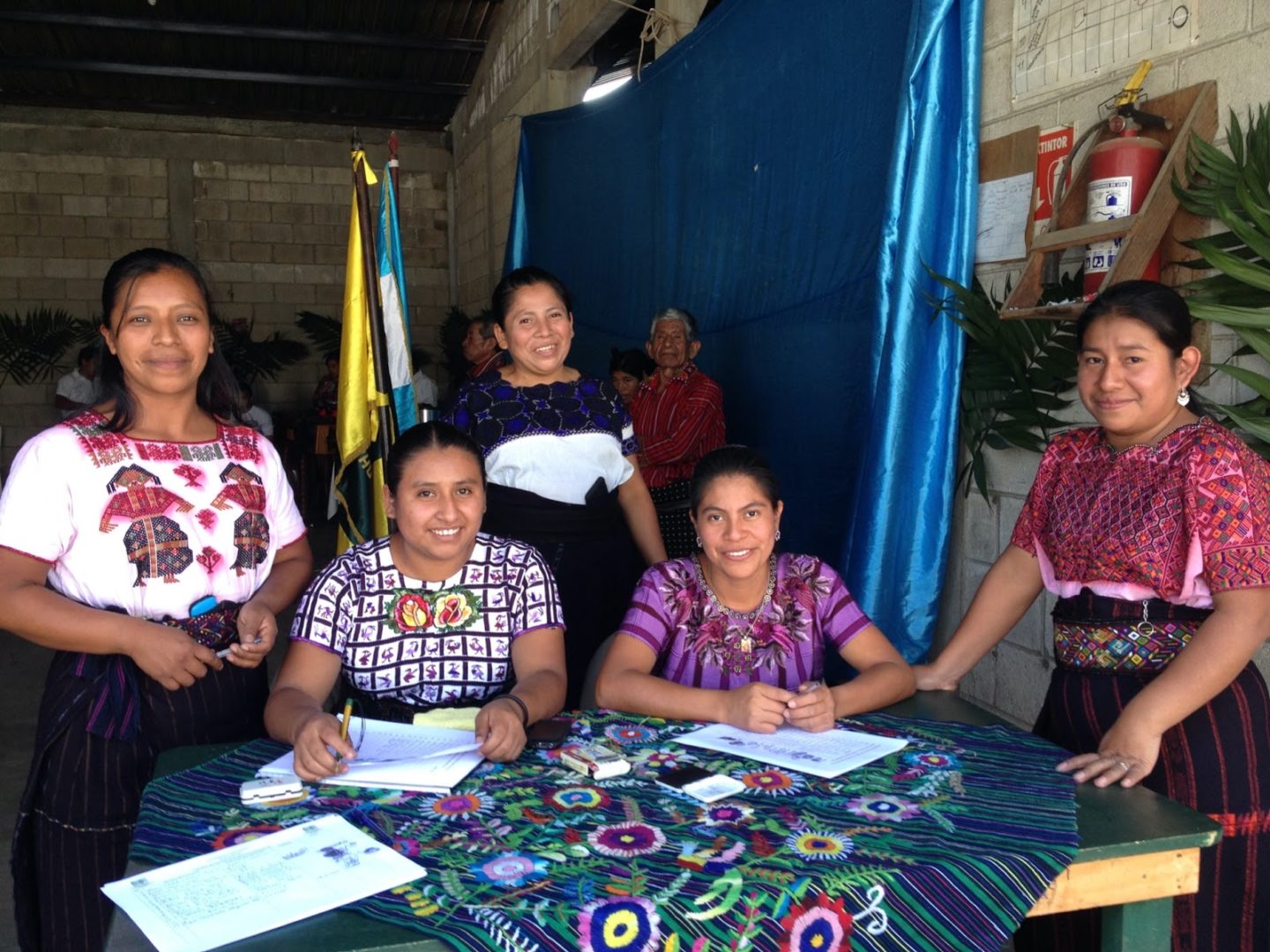
The Onslaught of the COVID-19 Pandemic
As the COVID-19 virus made an appearance across the world, every part of daily life started to change. Industries suffered and non-essential workers were sent home. Within the coffee industry, the economic effect of this global pandemic is yet to be fully felt.
A majority of the farms Kaladi works with are smaller and more rural, meaning the spread of COVID-19 in these areas was less dramatic than in urban communities. In addition, Overly explains how many farms rely on their family for harvesting the beans, further minimizing the amount of outside contact these farmers have. According to Overly, the real problem farmers are facing is in the shipping of the beans. The restrictions that affected trucking have resulted in delays in deliveries.
Kolosvary explains how during the early spring, the transition from in-person coffee sales to online hit smaller farmers particularly hard. Warehouses in the U.S. that were filled with “green” coffee beans had nowhere to go when roasters were shut down. In May of 2020, the transition to online coffee sales created demand for “green” beans again, but at a lower volume.
As the pandemic started to reach even the most remote of areas, the Café Femenino Program has been dedicated to preparing its partners for what is coming.
“In the beginning, as I reached out to our partners in South and Central America, they told me not to worry because ‘the virus was not there.’ I told them to please prepare as soon as possible because it was coming,” Kolosvary said.
Working with the Café Femenino Foundation to set up COVID-19 relief funds across the world, Kolosvary details how one of her largest concerns was that growing cases would cause supply chains in South and Central America to shut down distribution and food staples would be unable to reach the people.
Fortunately, the organization was able to get emergency food and Personal Protective Equipment (PPE) to producer partners before they went into lockdown. Despite this positive news, there has been an insurmountable amount of devastation caused by this pandemic and Kolosvary details some of the most heartbreaking losses.
“We experienced losing some of our dearest producer friends to COVID-19…one friend and co-op leader, Helbert Valenzuela, was the past mayor of Agua Azul and a warm, welcoming soul to all who met him,” Kolosvary said, “Losing him hurt.”
Overall, these relationships connecting coffee shops and cooperatives have only become stronger as the COVID-19 pandemic has wreaked havoc worldwide. With both parties leaning on each other as the world faces crisis, we can truly see how important this partnership is.
As a student, it can be hard to find ethically produced coffee, especially during a pandemic when there is a strain on supply chains. While Kaladi Coffee Roasters may appear to be just another coffee shop lining the University of Denver campus, in reality, they are so much more. They are an institution that prioritizes workers and mindfully sourced coffee beans. When choosing where to get a daily coffee, consider supporting small farms across the globe and check out Kaladi’s coffee shop.
